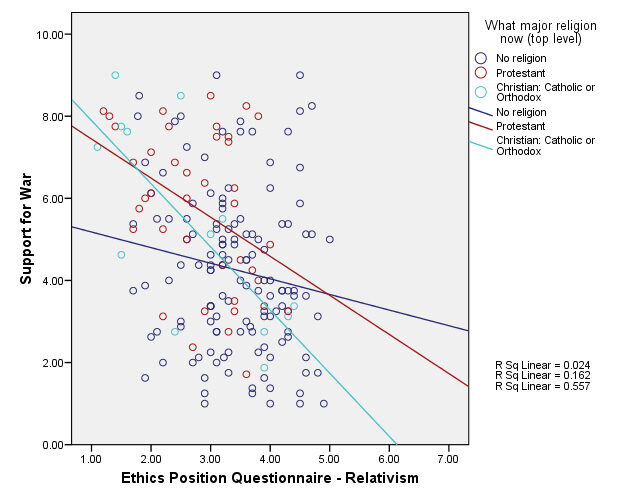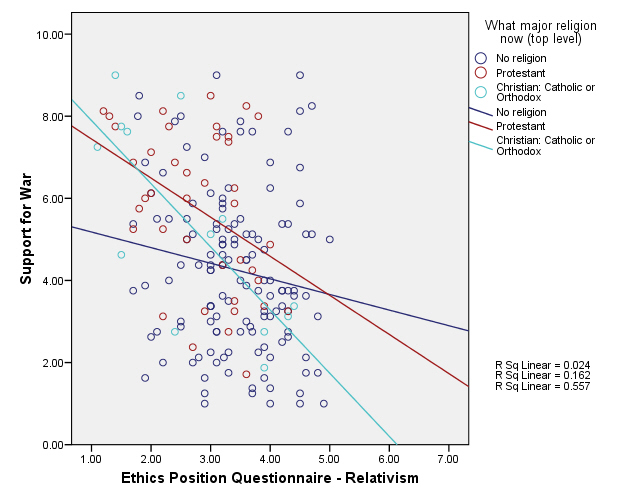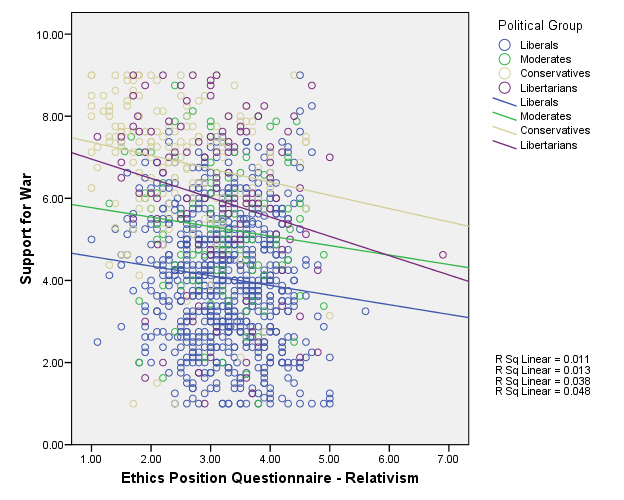Sam Harris’ TED video and the danger of liberal atheist moral absolutism
A fellow graduate student recently shared the below Sam Harris TED video with me and I was quite surprised at the premise of the talk. In it, Sam Harris gives a spirited defense of moral absolutism, the idea that there are objective truths about what we should and should not value. Below is the video.
Harris correctly observes that “the only people who seem to generally agree with me (Harris) and who think that there are right or wrong answers to moral questions are religious demagogues, of one form or another, and of course they think there are right and wrong answers to moral questions because they got these answers from a voice in a whirlwind, not because they made an intelligent analysis of the conditions of human and animal well-being…the demagogues are right about one thing, we need a universal conception of moral values.”
His conception of morality is remarkably close to the construct of moral absolutism vs. moral relativism, measured on the YourMorals.org site using agreement to statements like “Different types of moralities cannot be compared as to ‘rightness’” with agreement indicating more absolutism and disagreement indicating relativism. Harris also states that “It is possible for whole cultures to care about the wrong things….that reliably lead to human suffering.” The graphs I show below show that he is correct that moral absolutism among these groups does lead to human suffering…but it also leads to suffering when moral absolutism is supported by liberals and atheists.
Harris then spends much of the rest of the talk detailing how terrible things occur as a result of cultures that do not share his values. I am generally liberal and likely agree with Harris’ values, specifically the idea that morality is mostly about promoting the well-being of people. However, I do not believe that my values should be the values of other people as well. I have two main counters to this idea:
– Even the most liberal person can be made to consider ideas of morality outside of the idea of the greatest well-being possible. For example, liberals believe in equity too, such that some people deserve more well-being than others. Jon Haidt’s brother-sister incest dilemma confounds both liberals and conservatives meaning that there is a universal ability to moralize disgust, even if it is less developed in some than others. Harm and well-being are not the only considerations.
– Moral absolutism generally leads to more human suffering, not less, as people fight great wars to enforce their vision of morality on others. Consider the below 2 graphs of yourmorals data relating moral relativism, the opposite of absolutism, and attitudes toward war.
Moral absolutism is not just dangerous for the groups that Harris dislikes, but also for the liberal and atheist groups that he likely subscribes to as the slope of the regression line is negative in all cases, indicating that moral absolutism is positively related to support for war for liberals and conservatives, atheists and christians.
It may be easier to think of groups that cause wars out of excessive group orientation (e.g. Hutus vs. Tutsis) or excessive authoritarianism (e.g. Nazis)…but there are also groups that caused harm out of excessive concern for others’ well-being (e.g. The Weather Underground) or out of an excessive desire for social equality (e.g. the communist Khmer Rouge). Moral absolutism, believing that you are more right about morality than others, can be thought of as the first step toward hypermoralism, harming others in support of your moral principles. Human beings are already good at believing that our moral system is superior, with war sometimes as the consequence….instead or narrowing our conceptions of morality, we should be working to expand our moral imaginations.
– Ravi Iyer



